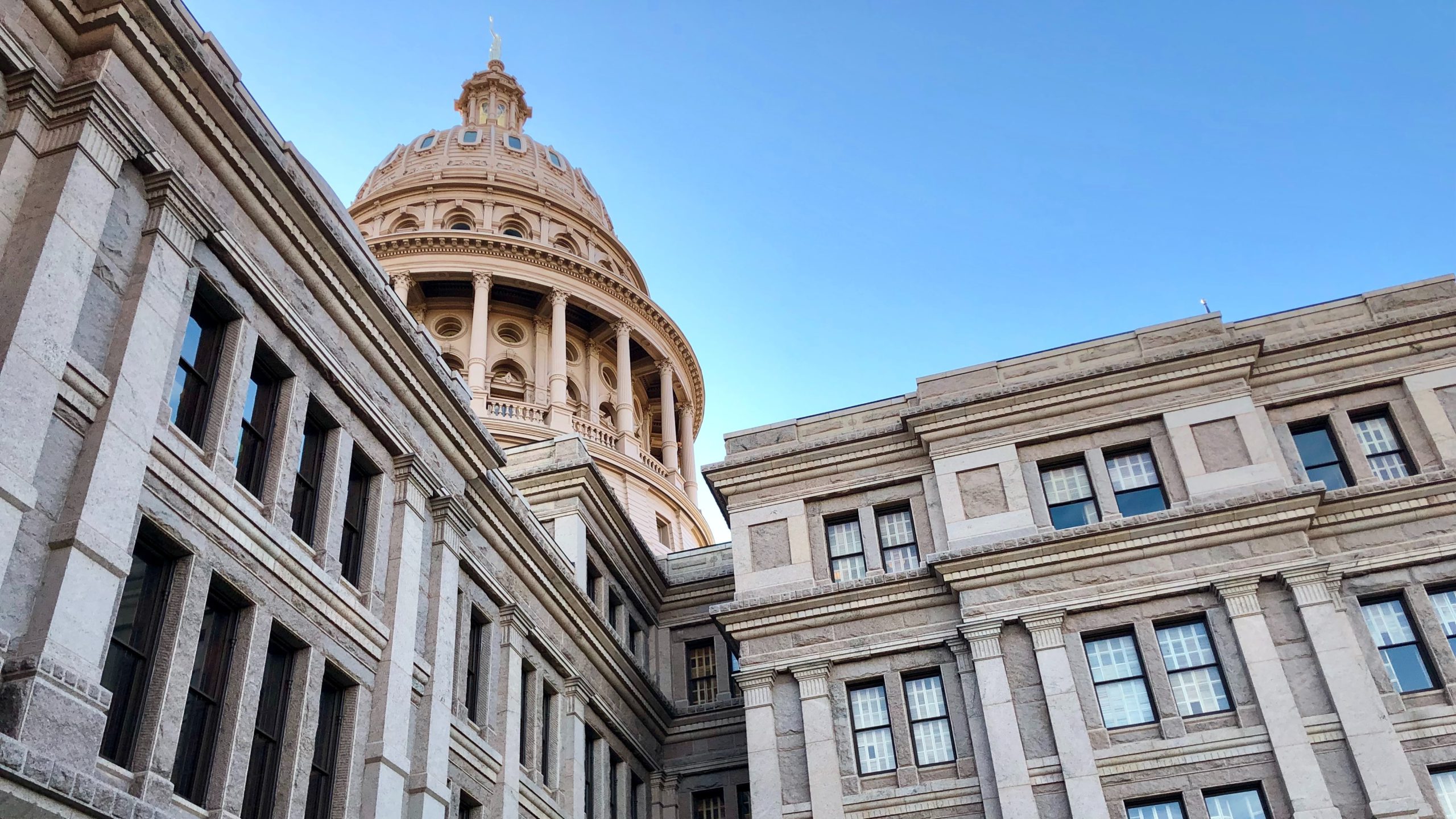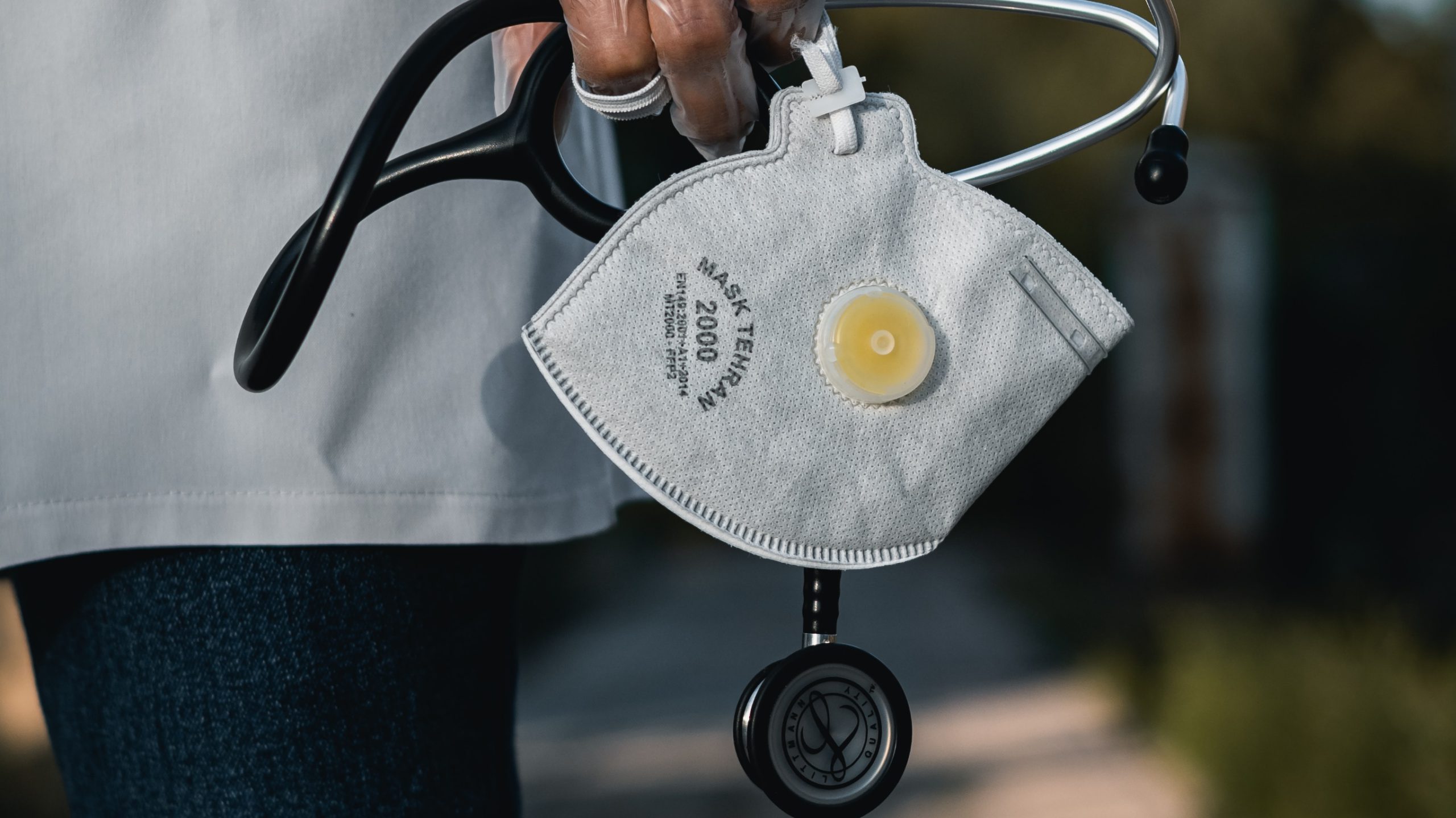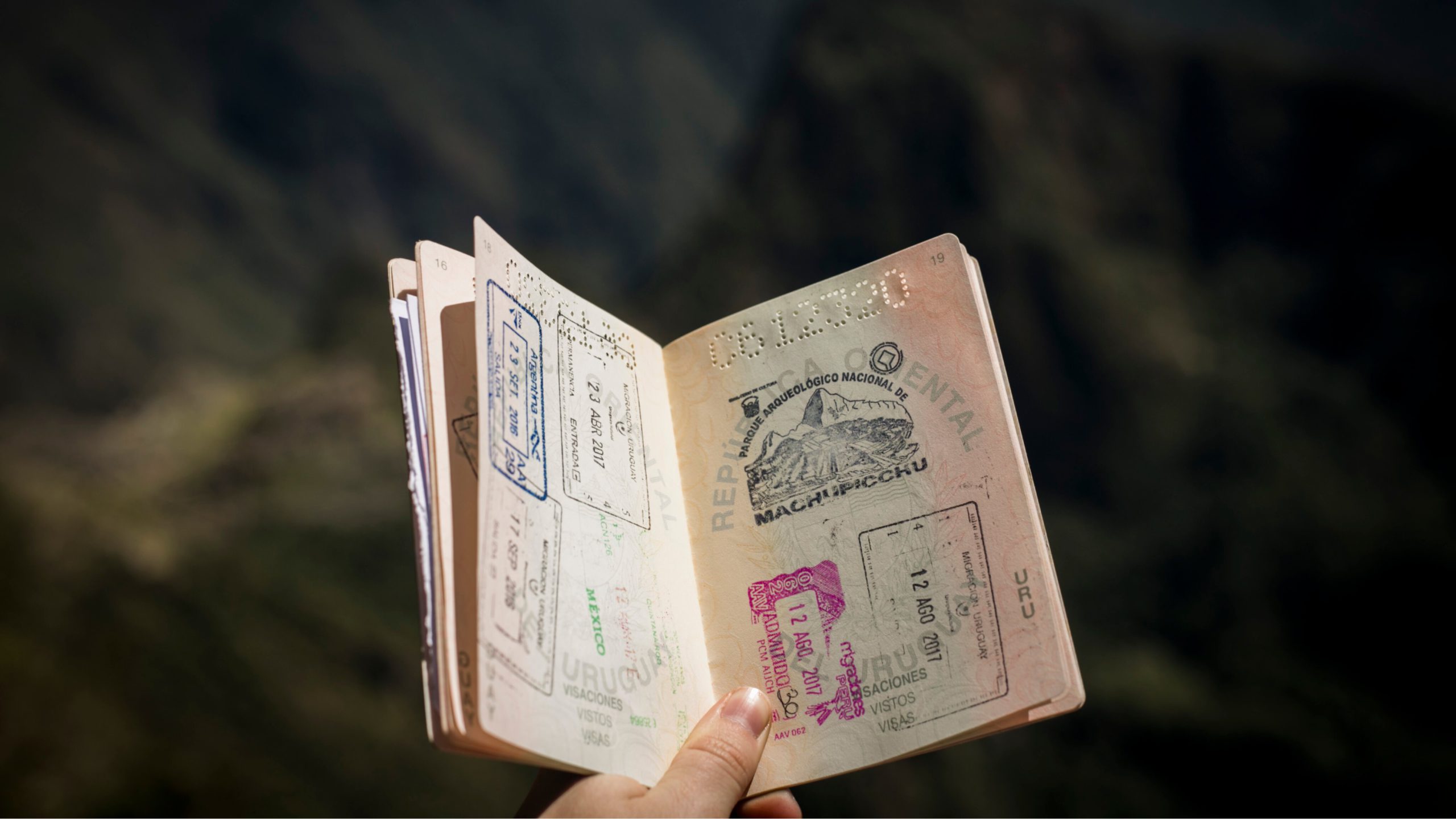NONIMMIGRANT (HRANKA) VISA WAIVERS
Do you want to enter the United States as a nonimmigrant, but are inadmissible?
There are many reasons why you may be inadmissible and thus, barred from entering or remaining in the United States. You can be found to be inadmissible, because of past violations of U.S. immigration law, criminal convictions, fraud or willful misrepresentations, health-related grounds, economic grounds, false claims of United States citizenship, moral grounds, and security grounds. Some grounds of inadmissibility are permanent while others are only for a set period of time.
You may be able to apply for a waiver of the grounds of inadmissibility. There are waivers for many grounds of inadmissibility, but not all. Your eligibility for a waiver as well as the requirements depend upon why you are inadmissible. You may apply for a waiver in removal proceedings, while applying for legal status with USCIS, while applying for a nonimmigrant or immigrant visa through a U.S. Embassy or Consulate, or while seeking admission with Customs and Border Protection.
Do you want to enter the United States as a nonimmigrant, but are inadmissible?
Are you able to obtain a “No Objection Statement” from your home country?
Is there a U.S. Federal Government Agency interested in a project you are working on?
Are you afraid to be persecuted on account of your race, religion, or political opinion if you return to your home country?
Would your departure from the US cause exceptional hardship to your US citizen or lawful permanent resident spouse or child?
Are you a foreign medical graduate who has a designated State Public Health Department or its equivalent seeking to employ you?
Are you ineligible for adjustment of status to lawful permanent residence or an immigrant visa because of criminal conduct, fraud or material misrepresentation, or unlawful presence?
Are you currently ineligible for adjustment of status to lawful permanent residence and have been unlawfully present in the US?
Are you a lawful permanent resident who is subject to removal, because of a criminal conviction or guilty plea entered into prior to April 1, 1997?

You may be eligible for a nonimmigrant visa waiver or INA § 212(d)(3)(A) waiver (i.e. Hranka Waiver). A nonimmigrant visa waiver under INA § 212(d)(3)(A) can be used to overcome almost any ground of inadmissibility found in INA § 212(a). This means that if you have been told you cannot enter the United States, because of prior unlawful presence in the U.S., criminal convictions, fraud or willful misrepresentations, health-related grounds, or smuggling. You can often qualify for an nonimmigrant visa waiver even if you do not qualify for an immigrant visa waiver.
The nonimmigrant visa waiver’s eligibility criteria are flexible. There are three factors that must be considered and balanced in deciding whether to approve or deny a nonimmigrant waiver request. These factors come from the Matter of Hranka and are:
For most nonimmigrant visa applications, you will have to overcome the strong presumption of immigrant intent. This requires you to show significant ties outside the United States that will effectively compel your timely departure from the United States and deter you from violating the terms of your visa.
Your reasons for wishing to enter the United States do not have to be “compelling.” You can apply for an INA § 212(d)(3)(A) for any legitimate purpose including family visits, tourism, employment, medical treatment, and school attendance. However, the decision-maker has discretion to approve or deny a waiver request. While the nonimmigrant visa waiver’s eligibility criteria are flexible, these waivers are difficult to get especially if you have been convicted of serious crimes or have a history of immigration law violations. The more recent these criminal convictions or immigration violations, the more difficult it is to receive a waiver.
Working with an experienced immigration attorney is important as there is no formal process to appeal a request for a nonimmigrant visa waiver. Otherwise, your only recourse is to file a new waiver request when your circumstances change or when you have more evidence to support your request.

You may request a waiver of the 2-year home residency requirement based upon a “No Objection Statement”. Your home country’s government, through its embassy in Washington, D.C., may issue a “No Objection Statement”. The “No Objection Statement” must be sent directly from the embassy to the U.S. Department of State’s Waiver Review Division. The “No Objection Statement” must specifically set forth that your home country’s government does not object to you not satisfying the 2-year home residency requirement. This “No Objection Statement” must further state that it does not object to the possibility of you obtaining lawful permanent residence (i.e. a green card) in the United States.

Any U.S. federal government agency may request a waiver under this basis. You must be working on a project on behalf of or of interest to a U.S. federal government agency. In addition, this agency must find that your departure to fulfil the 2-year home residency requirement would be detrimental to its interest. Under these circumstances, a U.S. federal government agency may request an Interested Government Agency Waiver on your behalf. This request must be signed by the head of the agency or his/her designee and submitted directly to the U.S. Department of State’s Waiver Review Division.

You may apply for a waiver of the 2-year home residency requirement if you fear persecution on account of race, religion, or political opinion in your home country. You may request a waiver based upon persecution if you believe it is probable that you will face persecution if you return to your home country. This standard is similar to the asylum context. However, asylum is broader in that you can also file for asylum if you fear persecution on account of your nationality or membership in a particular social group.

You may apply for an exceptional hardship waiver if your compliance with the 2-year home residency requirement would cause your U.S. citizen or lawful permanent resident (i.e. green card holder) spouse or child to suffer exceptional hardship. It is not enough to show your United States citizen or lawful permanent resident (i.e. green card holder) spouse or child would suffer exceptional hardship if they remained in the United States without you. Rather, you must show your relative would suffer exceptional hardship both if he/she stays in the U.S. without you and if he/she follows you to your home country for the 2-year home residency period. Separation alone is not sufficient to show exceptional hardship. Factors to be considered when assessing hardship include, but are not limited, to:
These factors must be considered in their totality and cumulatively when assessing whether your relative will experience exceptional hardship both if he/she stays in the U.S. without you and if he/she follows you to your home country for the 2-year home residency period.

A foreign medical graduate who obtained exchange visitor status to pursue graduate medical training or education may seek a Conrad 30 Waiver Program. You may qualify for a waiver of the 2-year home residency requirement if you are foreign medical graduate who:
A list of State Public Health Departments is maintained by the U.S. Department of State. Each State Public Health Department can request 30 waivers per fiscal year. The State Public Health Department will send its request on your behalf directly to the U.S. Department of State’s Waiver Review Division.

You may find yourself barred from becoming a lawful permanent resident (i.e. green card) or obtaining an immigrant visa if you have been convicted of a crime, accrued unlawful presence, or made false statements or submitted fraudulent documents to gain an immigration benefit. Some of these bars are permanent while others are for a specified period of time. You may not realize you are barred from becoming a lawful permanent resident (i.e. green card) or obtaining an immigrant visa until USCIS or consular official tells you. The good news is that you may be able to apply for a waiver. Whether you are eligible for a waiver depends upon your immigration and/or criminal history. For example, you are not eligible for a waiver if you committed marriage fraud or filed a frivolous asylum application.
You can apply for a “hardship” or “I-601” waiver from inside or outside the United States. A “hardship” or “I-601” waiver is based on “extreme hardship" to your qualifying relatives. Not all relatives are considered qualifying relatives. Typically, only your U.S. citizen or lawful permanent resident spouse or parent(s) are considered qualifying relatives. Extreme hardship refers to the hardships your qualifying U.S. citizen or lawful permanent resident (i.e. green card holder) relative(s) would suffer if you are not allowed to remain in or enter the United States to live permanently. Whether you can show your qualifying relative will suffer extreme hardship will depend upon your family’s circumstances. Extreme hardship includes the hardships your qualifying relative(s) will suffer if forced to leave the United States to live with you and the hardships your qualifying relative(s) will suffer if he/she/they remain in the United States while you live overseas. The normal difficulties associated with family separation are not sufficient to establish extreme hardship.
Factors to be considered when assessing hardship include, but are not limited, to:
A “hardship” or “I-601” waiver is discretionary, which means that even if you are eligible your application must warrant a favorable exercise of discretion. This means that to be granted such relief you must demonstrate your positive factors outweigh the negative factors present in your case. Positive factors include, but are not limited to, the following:
Negative factors that will weigh against granting your application include, but are not limited to, the following:

Typically, in order to apply for lawful permanent residence (i.e. a green card) from within the United States, you must have entered the United States after being inspected by a U.S. immigration official and have maintained lawful nonimmigrant status. You may adjust your status to lawful permanent resident in the United States even if you failed to maintain lawful nonimmigrant status if you are the spouse, unmarried child under the age of 21, or parent of a United States citizen or are grandfathered under INA § 245(i). Otherwise, you will need to travel overseas to pursue an immigrant visa through consular processing.
However, if you have been unlawfully present in the United States for more than 180 days, you will be barred from re-entering for at least 3 years and in most cases, 10 years. This discouraged many foreign nationals from pursuing lawful status. It also resulted in lengthy periods of separation when foreign nationals did not realize they would be subject to a bar. The provisional unlawful waiver (i.e. Stateside Waiver or I-601A Waiver) was implemented to address these problems. The Stateside Waiver allows you to apply for the unlawful presence waiver while in the United States with your family. The provisional unlawful presence waiver does not change the fact that you will need to attend an immigrant visa interview at a U.S. Embassy or Consulate abroad. However, it can give you peace of mind and minimize the time spent away from your family.
To be eligible for a Stateside Waiver, you must meet ALL of the following criteria:
Extreme hardship refers to the hardships your qualifying U.S. citizen or lawful permanent resident (i.e. green card holder) relative(s) would suffer if you are not ultimately allowed to become a lawful permanent resident. Whether you can show your qualifying relative will suffer extreme hardship will depend upon your family’s circumstances. Extreme hardship includes the hardships your qualifying relative(s) will suffer if forced to leave the United States with you and the hardships your qualifying relative(s) will suffer if he/she/they remain in the United States while you live overseas to fulfill the 3 or 10-year bar. The normal difficulties associated with family separation are not sufficient to establish extreme hardship.
Factors to be considered when assessing hardship include, but are not limited, to:
A “hardship”, "Stateside", or “I-601A” waiver is discretionary, which means that even if you are eligible your application must warrant a favorable exercise of discretion. This means that to be granted such relief you must demonstrate your positive factors outweigh the negative factors present in your case. Positive factors include, but are not limited to, the following:
Negative factors that will weigh against granting your application include, but are not limited to, the following:

Not sure which option is right for you? Request a confidential consultation today.